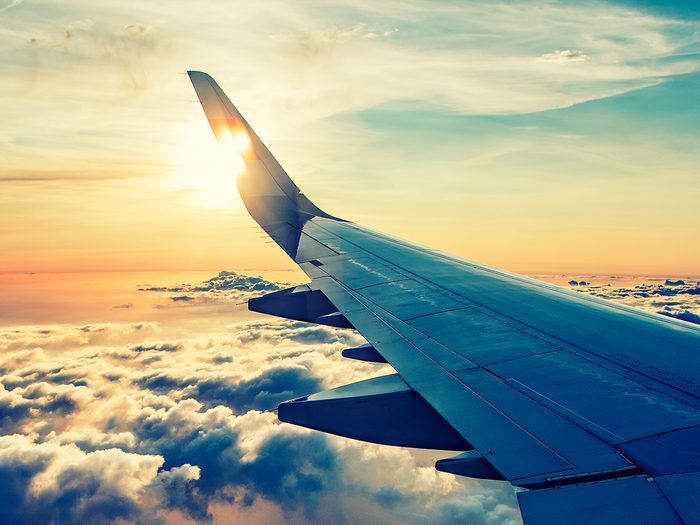
How to beat jet lag and make the most of your travels
You don’t have to travel to the other side of the world to get jet-lagged. Don’t believe us? Fly from Halifax to Vancouver and back in three days and see how you feel over the next week. The truth is, for every time zone change, you need a day to recover. So flying from Toronto to London can put you off base for six days (every hour of flying time approximates one time zone).
You may not be able to completely avoid jet lag, but you can be one of those people who more or less breeze through it. Here’s how.
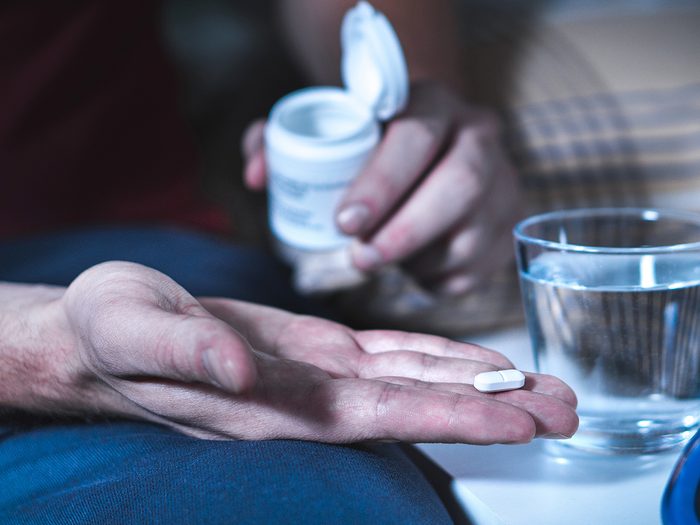
Take melatonin
Even more effective than learning how to beat jet lag is to prevent it altogether. Consider taking melatonin the day before your flight at a time that equals 5 p.m. in the new time zone. Take it again on the plane if you’re travelling eastward. Continue taking melatonin at bedtime in your new time zone to continue your body clock’s adjustment.
Melatonin, also known as the sleep hormone, rises throughout the day, peaking in the evening and signalling your brain and body that it’s time for bed. Supplementing with it when travelling can trick your body into thinking it’s later than it is. As with any supplement, you’ll want to speak with your doctor beforehand to review recommended dosages and any potential interactions with prescription medication.
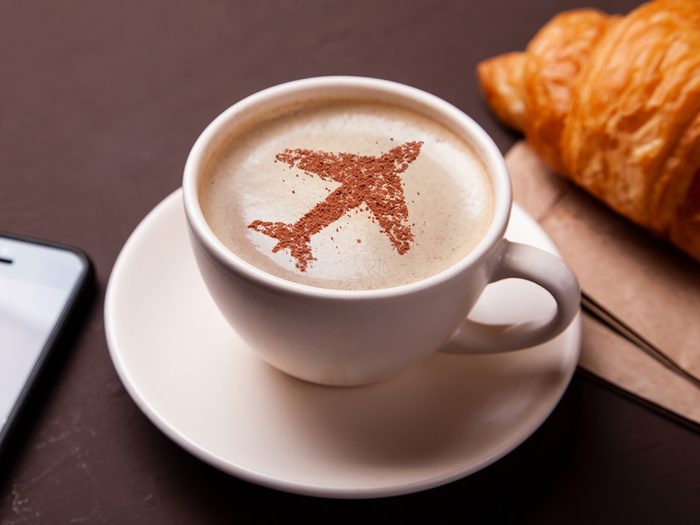
Avoid alcohol and caffeine
A drink at the airport or a coffee mid-flight may be your norm, but you’ll adjust more smoothly if you avoid alcohol and caffeinated drinks while travelling. Skip the caffeine upon arrival, too, especially the first day. Although a little caffeinated pick-me-up may be tempting, it can interfere with sleep the first night in your new time zone.
Follow this sleep hygiene checklist to ensure a deep, restful sleep.
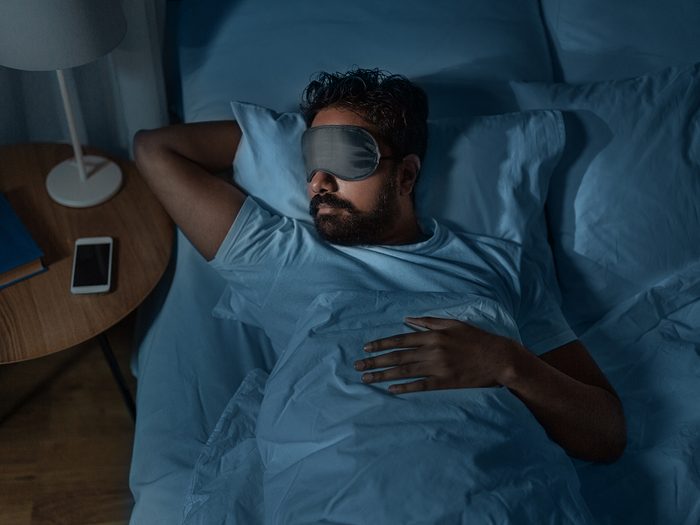
Recharge with a nap
If you arrive at your destination in the morning or afternoon, get settled and then take a brief nap. Aim for 30 minutes. A short nap upon arrival is refreshing—but don’t sleep too long or you may have trouble falling asleep that night.
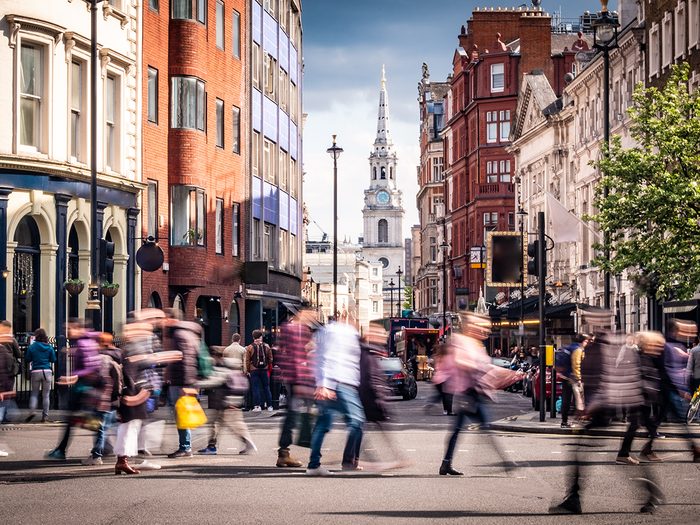
Take a walk
Once you’ve napped, go for a 30-minute walk outside. Physical activity gets the blood moving and increases your heartbeat after hours of travel, providing a boost of energy that may see you through until bedtime. The sunlight helps reset your body clock to the new time zone.
Find out what happens to your body when you start walking 10,000 steps a day.

Try progressive muscle relaxation
When you get into bed that first night, you may feel wide awake. Practice progressive muscle relaxation, in which you alternately tense and then relax every muscle in your body, starting at your toes and working up to your head. It may help relax your body and refocus your mind, helping you get back on track.
Now that you know how to beat jet lag, find out the best treatments for motion sickness.